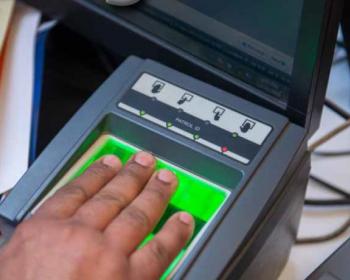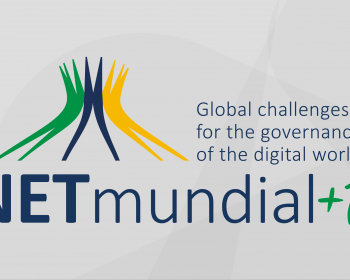digital rights
Meet the Common Room Networks Foundation, an Indonesia-based organisation committed to maintaining a space for freedom of expression and community empowerment that utilises arts and culture, ICTs and digital media.
The digitisation of Zimbabwe’s judiciary marks a significant stride forward in the nation’s digital transformation. However, there’s an immediate need for cross-sector collaboration to ensure that this advancement doesn’t restrict access to justice.
The use of CCTV for face recognition or tracking of motor vehicles based on their number plate registration has raised the important question about a person’s right to privacy and as such a suitable legislation is required to ensure Zambia falls within the universally accepted parameters.
This issue of Digital Rights Southern Africa makes clear that there is no or slow commensurate roll-out of measures to ensure that biometric data collection and processing systems are secure and to the actual benefit of the societies in which they are being implemented.
Some of the areas of specific human rights concern raised about the 2022 draft were underdeveloped consent provisions, the almost complete absence of protections for data subjects, and the absence of carve-outs for journalistic, artistic and academic data collection and processing.
In Malawi, authorities are increasingly demanding that citizens surrender personal information for routine activities, ranging from using a mobile phone to participating in elections, and the absence of a robust, currently enacted data protection law jeopardises citizens’ right to privacy.
The upcoming NETmundial+10 meeting will be an important space to ensure that civil society priorities and perspectives are strongly represented and build on APC’s historical engagement in key internet policy and governance processes.
In Eswatini, two key legislative measures impact internet governance: the Computer Crime and Cyber Crime Act of 2022 and the Data Protection Act of 2022. Concerns loom over potential implications of these statutes, particularly in terms of press freedom and freedom of expression on social media.
This article explores whether e-government in Botswana ensures privacy and protects personal data. E-government collects personal information, which if mishandled, might pose a threat to democracy.
The second issue of the online digest Southern Africa Digital Rights serves to spotlight that privacy and data protections remain and will continue to remain areas that civil society in the region must continue to monitor and address.

Association for Progressive Communications (APC) 2022
Unless otherwise stated, content on the APC website is licensed under Creative Commons Attribution 4.0 International (CC BY 4.0)












